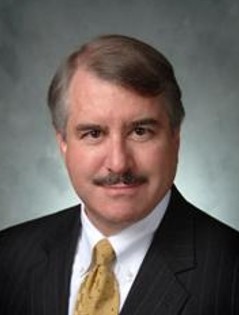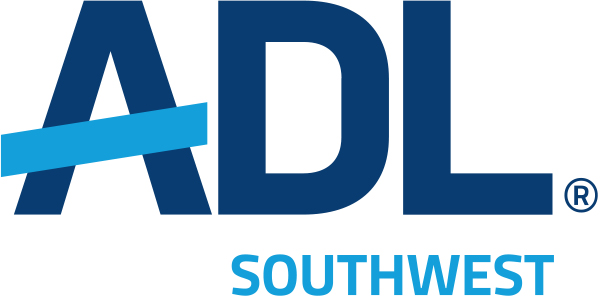
Mark Finkelstein
As I begin my term as chair of the ADL Southwest Region, it is daunting and exciting for me. It is pretty easy to identify where the daunting part comes from.
In the last months of 2018, at the Tree of Life Synagogue in Pittsburgh, we were sadly witness to the deadliest attack on Jews on American soil: an attack by a man who, in hateful illogic, decided Jews were to blame for bringing immigrants into this country.
ADL does an annual Audit of Anti-Semitic incidents. The term incident covers everything from anti-Semitic speech, signs, graffiti and drawings, which generally speaking do not violate the law, to crimes motivated by anti-Semitic bias. The latter can include direct threats, assaults, vandalism, arson and murder. According to our last yearlong audit, which covered 2017, anti-Semitic incidents rose nearly 60 percent over 2016. It was the largest single-year increase on record and the second-highest number since ADL started tracking such data in 1979.
Of course, the most visible and perhaps the most frightening anti-Semitic event in 2017 was the Unite the Right weekend in Charlottesville, Virginia. Hundreds of young marchers wearing white shirts, khaki pants and carrying torches, threw Nazi salutes, waved swastika flags, shouted “Sieg Heil and “Jews will not replace us.” Cyberhate is flourishing as well. A yearlong study started in January of 2017 found 4.2 million anti-Semitic post on Twitter.
With that backdrop, you might wonder why I volunteer with ADL? For several reasons. ADL is the leading and in my view, most effective organization fighting hate in the world. ADL not only monitors hate, it also employs and trains many hundreds of volunteers to work on eradicating hate. As Elie Wiesel said, the opposite of hate is not love, it is indifference. I encourage everyone to learn to use the effective tools developed by ADL to teach respect for differences, to promote engagement in civil discourse, to train children to be allies against bullying—to stop hate in its tracks.
The other main reason I volunteer with ADL is because I have the privilege of working with so many professional and volunteer leaders that I respect and admire. People who, every day, apply their intelligence, compassion, tireless dedication and financial support for a very good and important mission—to stop the defamation of the Jewish people and secure justice and fair treatment for all.
This year, I hope to keep ADL on a positive trajectory by
- hiring a new regional director for the Southwest Region
- revitalizing the ADL’s Women’s Initiative
- honoring deserving members of our community, like Paul Yetter, an outstanding example of a lawyer who, pro bono, has fought for improvements in the way children are treated in the Texas foster care system, and
- engaging others to support this vital work.
In a true sense, my 30-plus years with ADL have been a bit selfish, because I get back so much for what I put in. The rewards of working with the ADL include not just helping me try to be a better person, but also the hope, satisfaction and fulfillment that come from helping make the community a better place in which to live.

